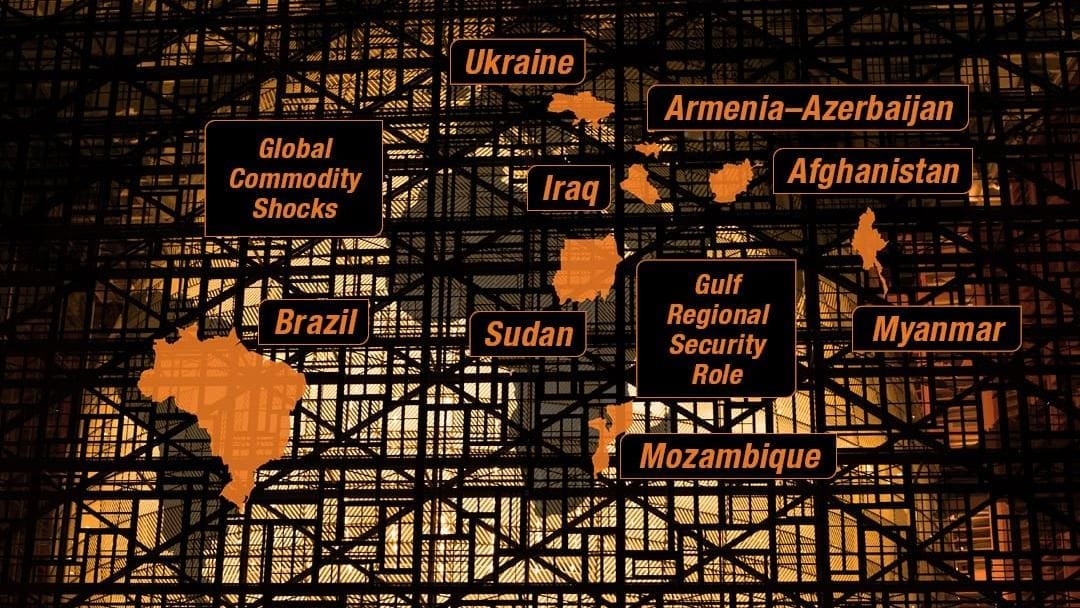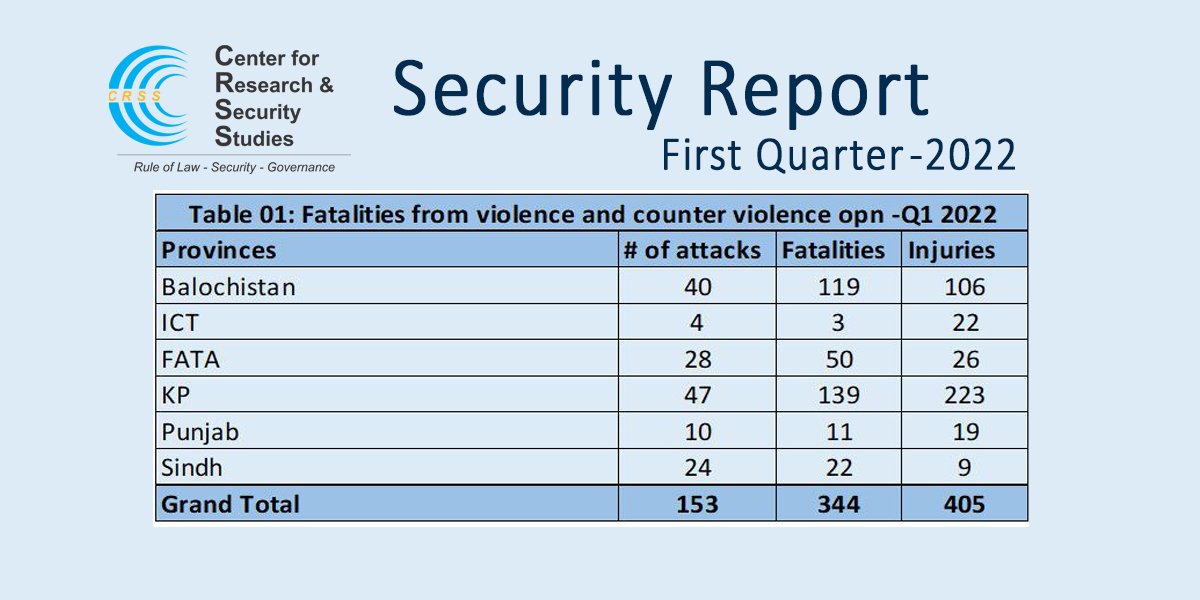From the conflict zones of Ukraine and the Middle East to the salt mines of Brazil, Dutch courts have become central to a global legal battlefield with profound implications.
With a robust legal tradition, hosting numerous multinational corporations and international organizations, and offering global accessibility, the Netherlands holds key advantages as a preferred legal forum.
In the first three months of 2024, The Hague, home to two influential international courts, has seen significant rulings on Russia’s actions in Ukraine and the escalating tensions in Israel and the Gaza Strip.
In early March, the International Criminal Court (ICC) issued arrest warrants for two senior Russian commanders, while in January, the United Nations’ top International Court of Justice (ICJ) ordered emergency measures demanding Israel to increase aid to Gaza and protect its population.
Simultaneously, a local civil court made a landmark decision to halt the supply of F-35 fighter jet parts from the Netherlands to Israel.
Meanwhile, victims of the catastrophic salt mining in Brazil’s Maceio are pursuing compensation from petrochemical giant Braskem before a Rotterdam court, part of a series of international compensation lawsuits filed in recent years.
In February, an Amsterdam court dismissed Russia’s appeal in a historic $50-billion case involving compensation claims by former shareholders of the dissolved oil giant Yukos.
Dutch courts have also been at the forefront of major climate litigation, notably in a case won by the NGO group Milieudefensie in 2021. The court ordered petrochemical giant Shell to reduce greenhouse emissions, marking a significant climate change ruling against a corporation.
Why has the Netherlands become a legal hotspot?
According to Cecily Rose, assistant professor of public international law at Leiden University, the country’s relatively low legal threshold for collective actions facilitates NGOs in pursuing public interest litigation.
Leon Castellanos-Jankiewicz, senior researcher at the Asser Institute for International and European Law, highlights the presence of multinational corporations like Shell, Unilever, and Heineken, which are subject to Dutch law, as a factor contributing to international cases reaching Dutch courts.
Additionally, the Netherlands boasts a highly skilled legal workforce and a strong commitment to upholding the law, with a tradition of prioritizing the development of international law.
The Hague, known as the “City of Peace and Justice,” hosts several international courts, tribunals, and agencies, embedding them in the Dutch legal landscape. These institutions, including the ICC and ICJ, contribute to the city’s reputation as a neutral ground for impartial resolutions.



